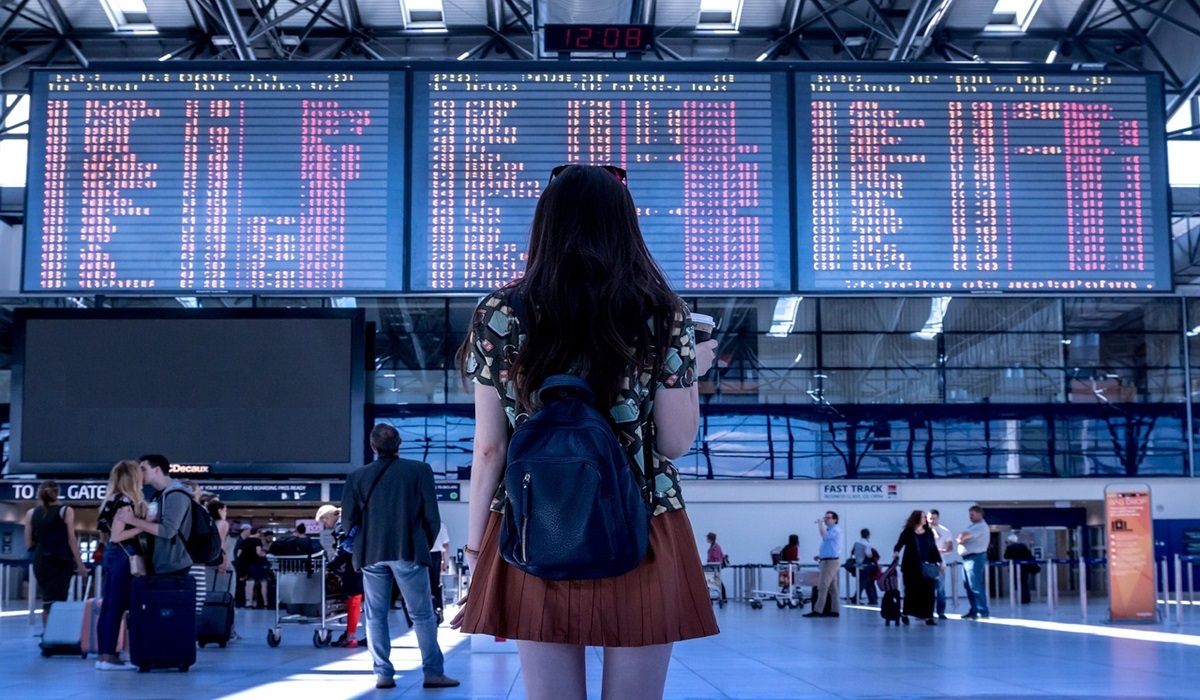Image credit, Jan Vašek
Germany’s travel woes deepened on Thursday as 25,000 airport security staff walked off the job, bringing operations at major hubs to a standstill. The sudden strike, announced just two days after the nation’s longest rail strike ended, left airlines scrambling to rebook passengers and stranded travelers facing long delays and cancellations.
Security checkpoints across 11 airports, including Frankfurt, Berlin, and Hamburg, were shuttered, forcing the cancellation of hundreds of flights and impacting over 200,000 passengers. The action, initiated by the powerful Verdi union, aimed to pressure employers for higher wages to combat inflation and improve working conditions.
This latest disruption comes hot on the heels of Monday’s resolution to the rail strike, which left many Germans fuming. To add to the pressure, subway, bus, and tram drivers in 15 states are poised to strike tomorrow, further paralyzing public transportation.
Frustrated passengers, many catching wind of the strike just hours before their flights, expressed their exasperation at the short notice and lack of alternative options. With the holiday season just behind us, the strike throws a wrench into travel plans and adds to the growing unease surrounding Germany’s transportation sector.
While negotiations between unions and employers remain ongoing, the immediate focus is on minimizing the impact on passengers. Airlines are urging travelers to check their flight status regularly and explore rebooking options. Meanwhile, government officials are calling for both sides to reach a swift agreement to prevent further disruptions and restore normalcy to Germany’s vital transportation network.
This incident highlights the simmering tensions between workers seeking better wages and employers navigating economic challenges. As negotiations continue, the coming days will be crucial in determining how quickly Germany can get its travel sector back on track and alleviate the mounting frustration of its citizens.









